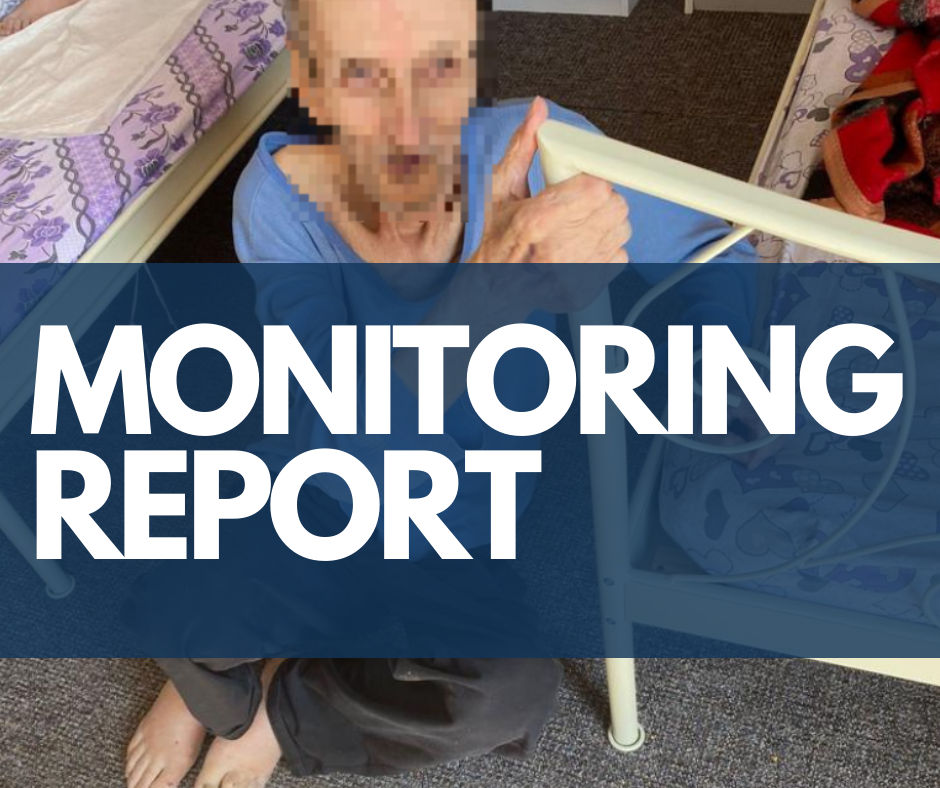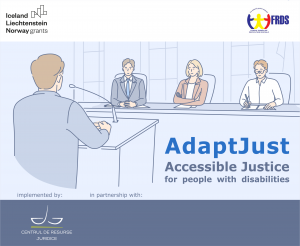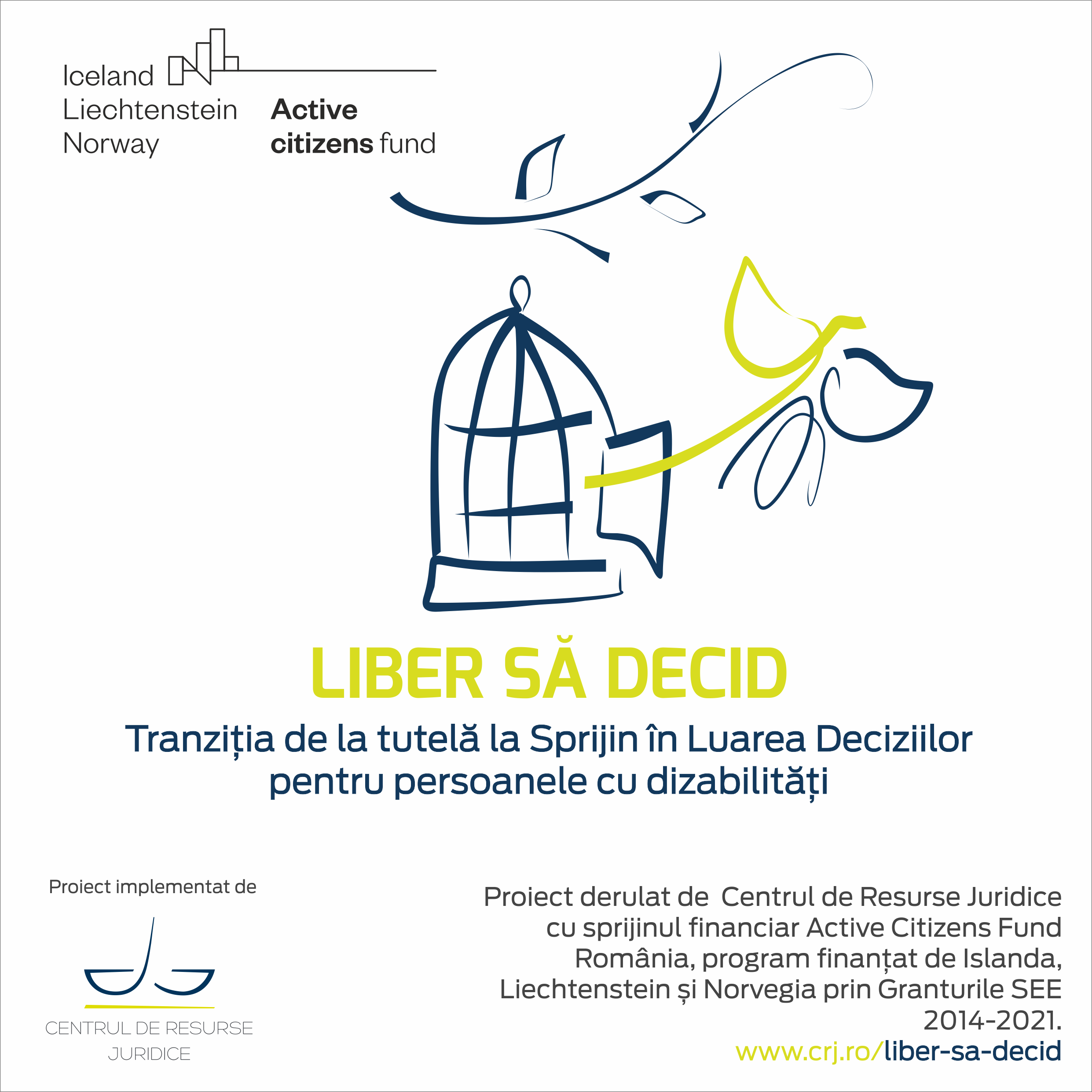Human rights monitoring experts carried out an unannounced visit to ‘Casa Cora’ social care home to observe the manner in which the fundamental rights of institutionalized persons with intellectual and psychosocial disabilities are respected
- Access to Casa Cora was denied and restricted, making it impossible to conduct a thorough investigation.
- The ‘Casa Cora’ coordinator refused to give access to any information about residents. The building is not accessible for people with disabilities or elderly residents, even though the most of them are bed-bound or with reduced mobility. The majority of residents are elderly, with mobility issues and/or intellectual or psychosocial disabilities, poorly dressed and given buzz cuts.
- The number of residents exceeds the legal limit and is overcrowded.
- Dirty clothes, used diapers and rags are scattered around the floors, residents are laying on plastic wrapped mattresses, and there is only one bathroom per floor.
- There are no activities catered to the elderly and/or residents with disabilities, most of the residents saying they usually get bored during the day.
- The only 3 employees are the social care home coordinator and two nurses. Residents cannot be visited or leave the premises.The doors are locked.
- The CLR’s main concerns are related to the arbitrary deprivation of liberty at ‘Casa Cora’, the absence of informed consent for housing and treatment, and the and restricting access to communication with people living in the community.
- Representatives of the CLR requested police help after an elderly resident complained that she was being held against her will. After the CLR spoke several times to Cora Social Home management, the CLR attended a meeting in the Cora office with the woman’s daughter and son-in-law, who threatened to put her in a car and move her to wherever they wanted. The CLR stated that the resident was not under a guardianship court decision and that even if she were, the legal guardian should have taken the lady’s opinion into account. Otherwise, the management of the centre had to refer the matter to the Guardianship Authority for a potential conflict of interest. In fact, CLR spoke to several elderly people who complained that they were being held against their will, that they were not being fed, that they were sleeping on beds covered with plastic sheets and that they did not know where they were and how they got there.
- The observed documented conditions can be considered inhumane conditions and treatment and should be investigated by the central authorities.
- Despite national and international laws prohibiting the arbitrary limitation of freedom based on disability or difficulties brought on by old age, public authorities are contributing to the institutionalization of several persons and denying access to justice to those abused by social services providers.
A list of demands addressed to the responsible authorities is available in the full report (RO version).






